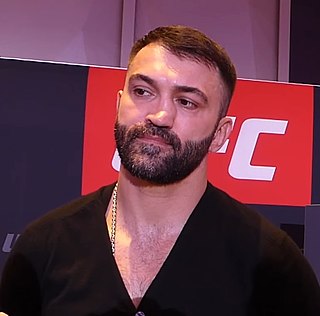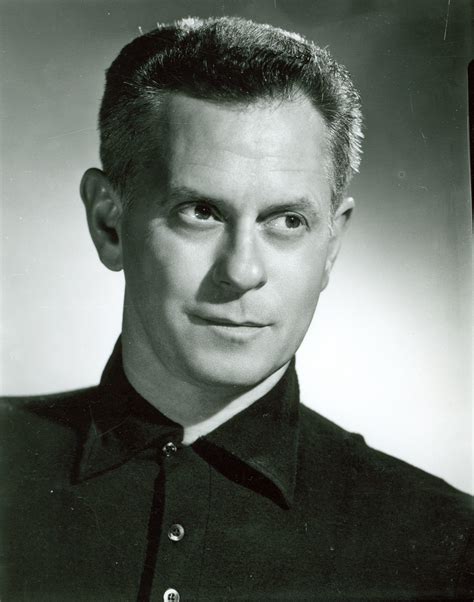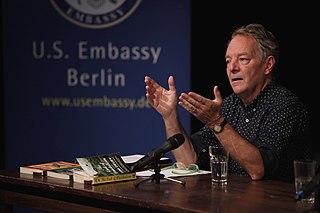A Quote by Karan Mahajan
I tend to see my characters from inside and outside at once; this is a technique I use to retain a slight distance. It means my characters can act in unexpected ways on two axes: physical and mental. It isn't just, 'I thought this and then I did this,' which is the technique of the modern psychological novel.
Related Quotes
When writers are self-conscious about themselves as writers they often keep a great distance from their characters, sounding as if they were writing encyclopedia entries instead of stories. Their hesitancy about physical and psychological intimacy can be a barrier to vital fiction. Conversely, a narration that makes readers hear the characters' heavy breathing and smell their emotional anguish diminishes distance. Readers feel so close to the characters that, for those magical moments, they become those characters.
I don't like the strictly objective viewpoint [in which all of the characters' actions are described in the third person, but we never hear what any of them are thinking.] Which is much more of a cinematic technique. Something written in third person objective is what the camera sees. Because unless you're doing a voiceover, which is tremendously clumsy, you can't hear the ideas of characters. For that, we depend on subtle clues that the directors put in and that the actors supply. I can actually write, "'Yes you can trust me,' he lied." [But it's better to get inside the characters' heads.]
Totalitarianism extends to whatever touches it...psychological technique, as it operates in the army or in a great industrial plant, entails a direct action on the family. It involves a psychological adaptation of family life to military or industrial methods, supervision of family life, and training family life for military or industrial service. Technique can leave nothing untouched in a civilization. Everything is its concern. Technique, which is destroying all other civilizations, is more than a simple mechanism: it's a whole civilization in itself.
But to be perfectly frank, this childish idea that the author of a novel has some special insight into the characters in the novel ... it's ridiculous. That novel was composed of scratches on a page, dear. The characters inhabiting it have no life outside of those scratches. What happened to them? They all ceased to exist the moment the novel ended.
There are times that you have a plot in your head, but then you find that the characters don't want to do that. When you're looking at the story from the outside, you can create whatever twists and turns you want. But when you're writing, you're inside the characters' heads, and you see that they may be motivated to do something different.
I am sincerely trying now to create a dance technique based entirely upon corrective exercises, created with a knowledge of human anatomy; a technique which will correct physical faults and prepare a dancer for any type of dancing he may wish to follow; a technique having all the basic movements which govern the actions of the body; combined with a knowledge of the origin of movement and a sense of artistic design.





































